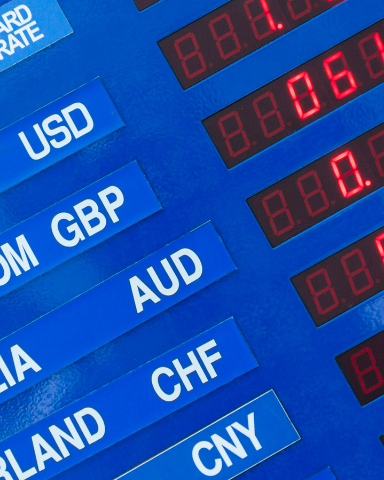If you have been thinking about installing a smart meter into your home but you are not sure if it will be the right decision for saving money, then you are in luck as today we will be discussing how a smart meter works and how it can save you money.
Having a smart meter installed seems to be one of the most popular things to do for your home nowadays.
People are talking about how much energy they are saving and how they are watching their energy bills just plummet which is incredibly important with the cost of living rising and people losing their jobs.
If your current energy supplier allows you to install a smart meter and tells you that you are guaranteed savings on your energy consumption, then you might think that you have hit the jackpot, but, before you jump into getting a smart meter to cut energy costs, it is essential that you know what smart meters are and how you can use them.
So, are you ready to understand how smart meters work and answer the burning question does a smart meter save money? Let’s find out.
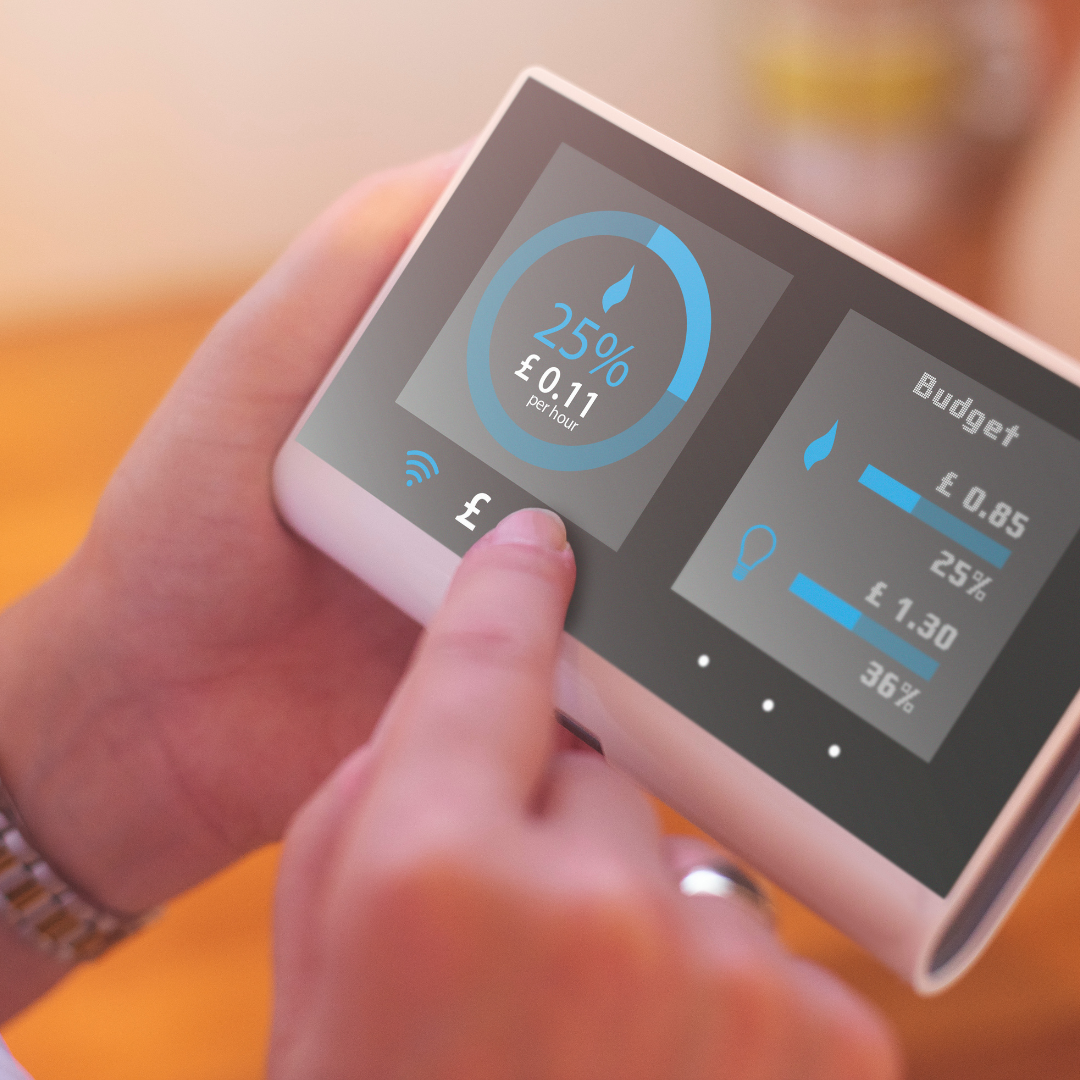
How Does a Smart Meter Work?
A smart meter is just an upgrade of your old meter. It is not that much of a change, just brought into the 21st century.
The way that your gas and energy bills are calculated to get your results per unit is exactly the same as they were before just with a modern twist.
Instead of estimated bills though, smart meters will automatically transmit your data with your energy use to your energy provider cutting out the middle man.
If a smart meter is used properly it should be easier for you to save money and save energy.
You just need to keep check of your in-home display to see how much energy you are using throughout the month.
If you want to go one step further, you can link your smart meter with an energy monitor or hook it up to a smart thermostat to see exactly how much energy you are using for everyday electrical appliances from the heating to the kettle.
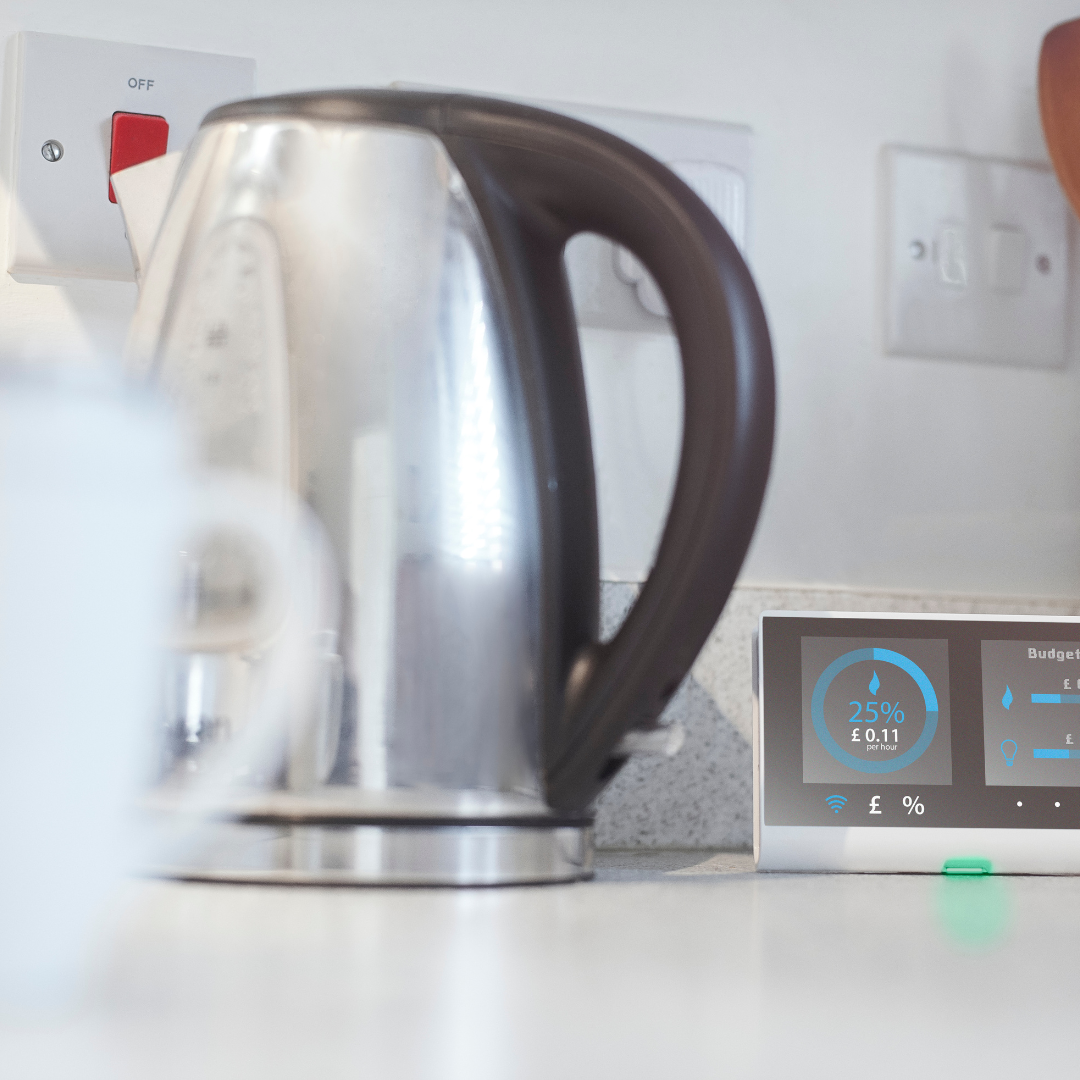
What Ways Can You Pay For Your Energy?
There are two ways that you can pay for your energy use when you install a smart meter.
- Credit mode – paying for your energy consumption after you use it.
- Prepayment mode – paying as you go, topping up as and when you need it.
It depends on what will suit you best with how much gas you consume monthly, and electricity.
If you are happy to always keep an eye on it and you are sure that you will not go over your budgeted amount, then credit mode may be best.
Either way, you won’t need to send in your meter readings every month anymore or have your energy supplier guess how much electricity and gas you are using.
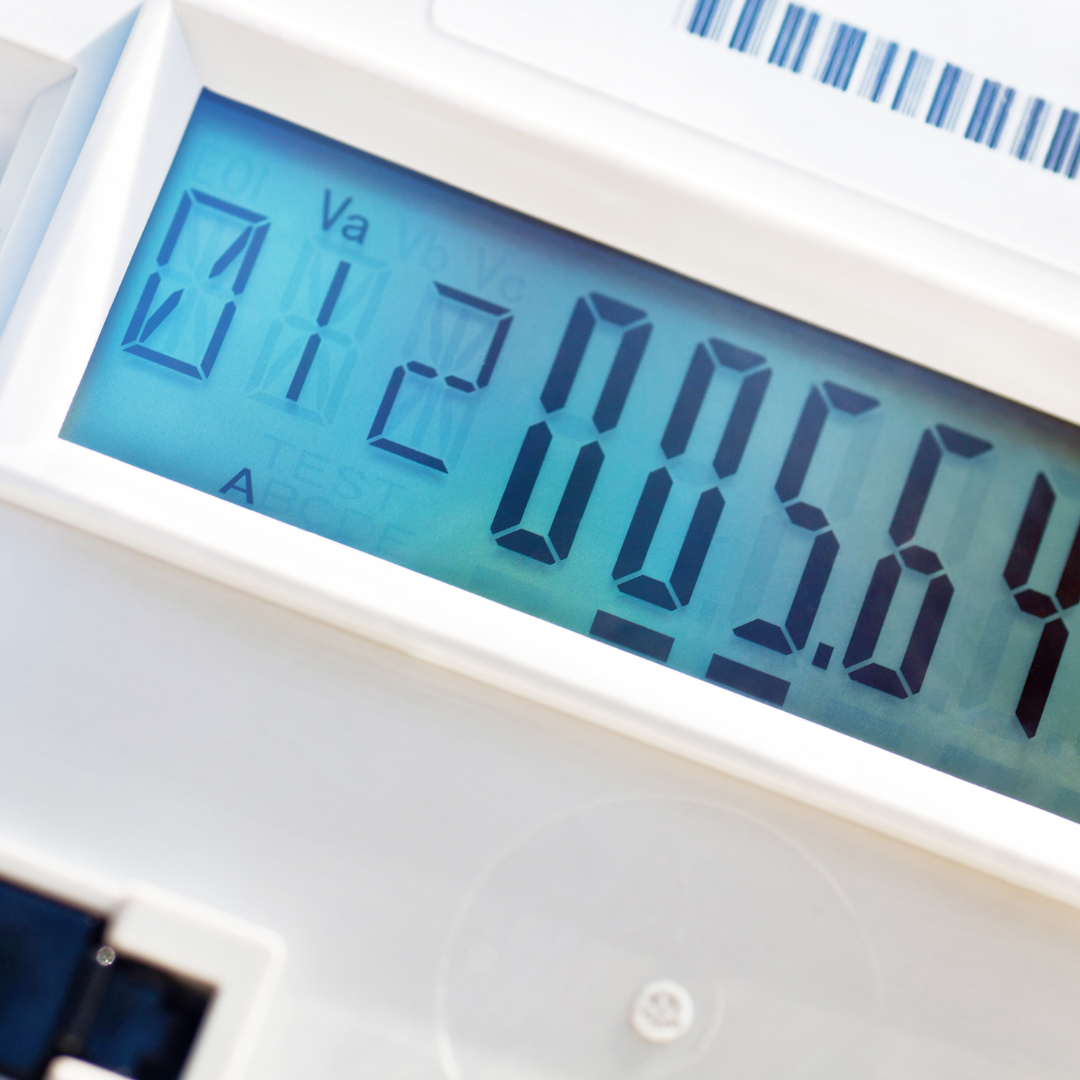
Changes With Smart Meters in Homes
Nowadays, the UK government requires all energy suppliers to offer smart meters to all businesses and homes by the end of 2025, so if you do not have one yet, chances are you will be offered one by your energy supplier soon.
You do not have to get a smart meter and if you are happy with your current gas and electricity meters then you won’t have to change them, however, if they are very old then they may be replaced by a smart meter, but that is on a case by case basis.
The law may change more over the years with all homes requiring one to match with different times, but that is something to wait and see about.

Using Your Smart Meter to Save Money
Just having a smart meter installed is not going to save you money by just sitting there and you watching it, you also have to take action by tracking your energy usage and being mindful of what you are doing daily.
All of this can come together and help you save the money you need so you can justify getting a smart meter.
Adjusting Your Energy Use
Noting how much energy you use daily and what times and situations you use more energy will help you see what needs to be tweaked.
If you leave your computer on standby when you are not using it, that is still consuming energy and you will notice a change on your smart meter. This can make you a lot more aware meaning that each time you finish using it, actively turning it off will save you money.
The same with washing machine cycles, using an eco-friendly cycle or a shorter cycle will still give you the same results, you will just use less electricity and that will show up on your smart meter.
Monitoring your in-home display will help you get real-time data that will benefit you massively, plus, you can look back at your weekly and monthly consumption to see how it compares.
Additionally, if you want to take your energy savings to the next level, you can also install solar panels. This can allow you to generate renewable energy for your home, thus significantly reducing your reliance on the grid.
And, moreover when combined with your smart meter, you can track how much energy your panels produce and how much you consume. Plus, any excess energy can be stored in smart battery systems or fed back to the grid, which can even earn you credits.
This setup not only helps you cut costs on energy bills but also makes your home more sustainable in the long run. Just make sure to do your research and reach out to a reputable Solar Energy Company to ensure the installation is done effectively and professionally.
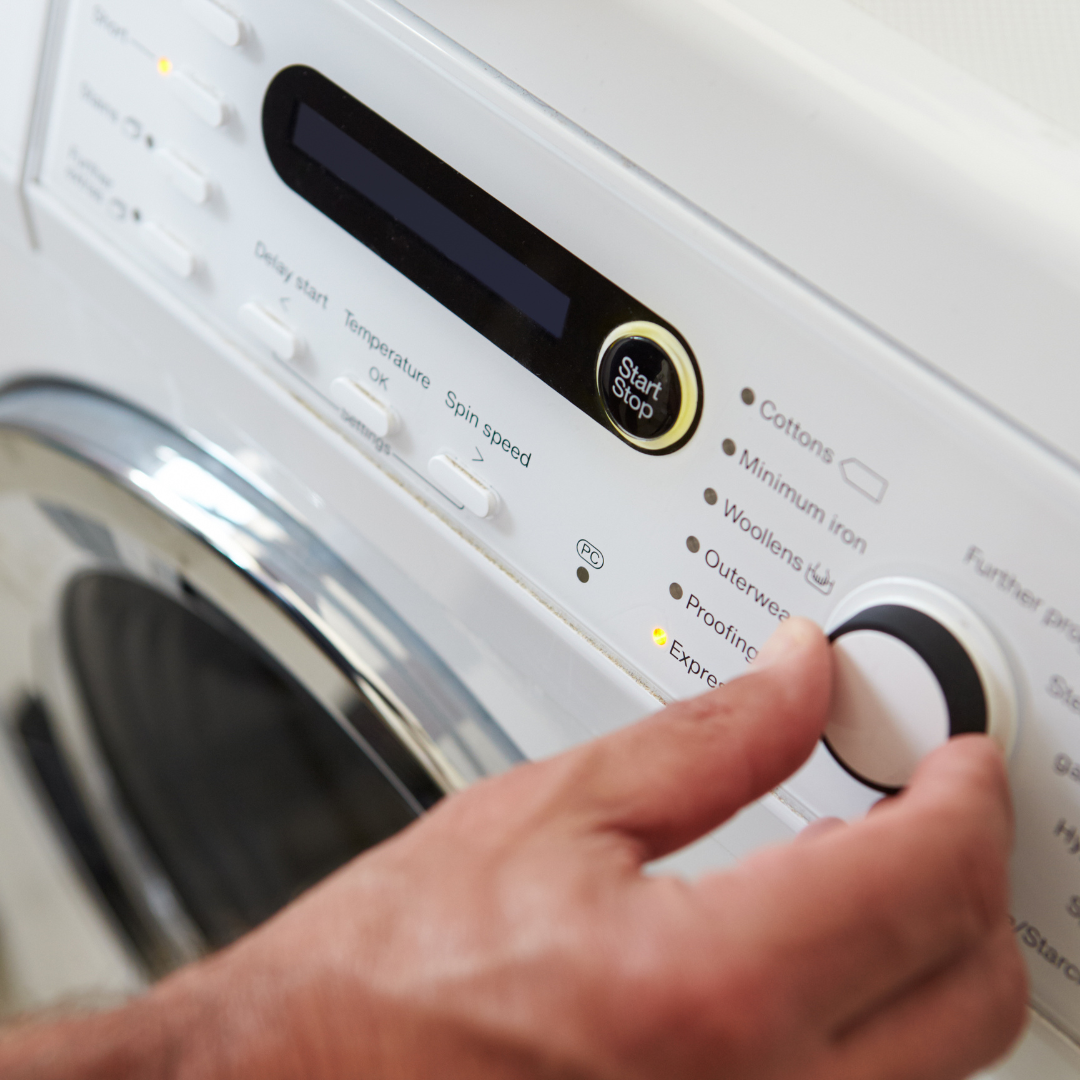
Helps You Set a Budget
Back in the day, people would get their bill through the door and be surprised by what is on the paper, they may have not realised just how much they have used until they see it there in black and white catching many people off-guard and wondering how they got to use so much energy.
Luckily, with a smart meter and in-home display, no one is surprised anymore and they can see how much they are spending per day and what it will be at the end of the month whether they pay monthly or as they go.
You can set a daily budget with your in-home display, not all of them will do this, some will require you to do it manually yourself, but it is still a huge leap forward in making sure that you are sticking to your budget and are not nervous about what the end of the month bill will say.
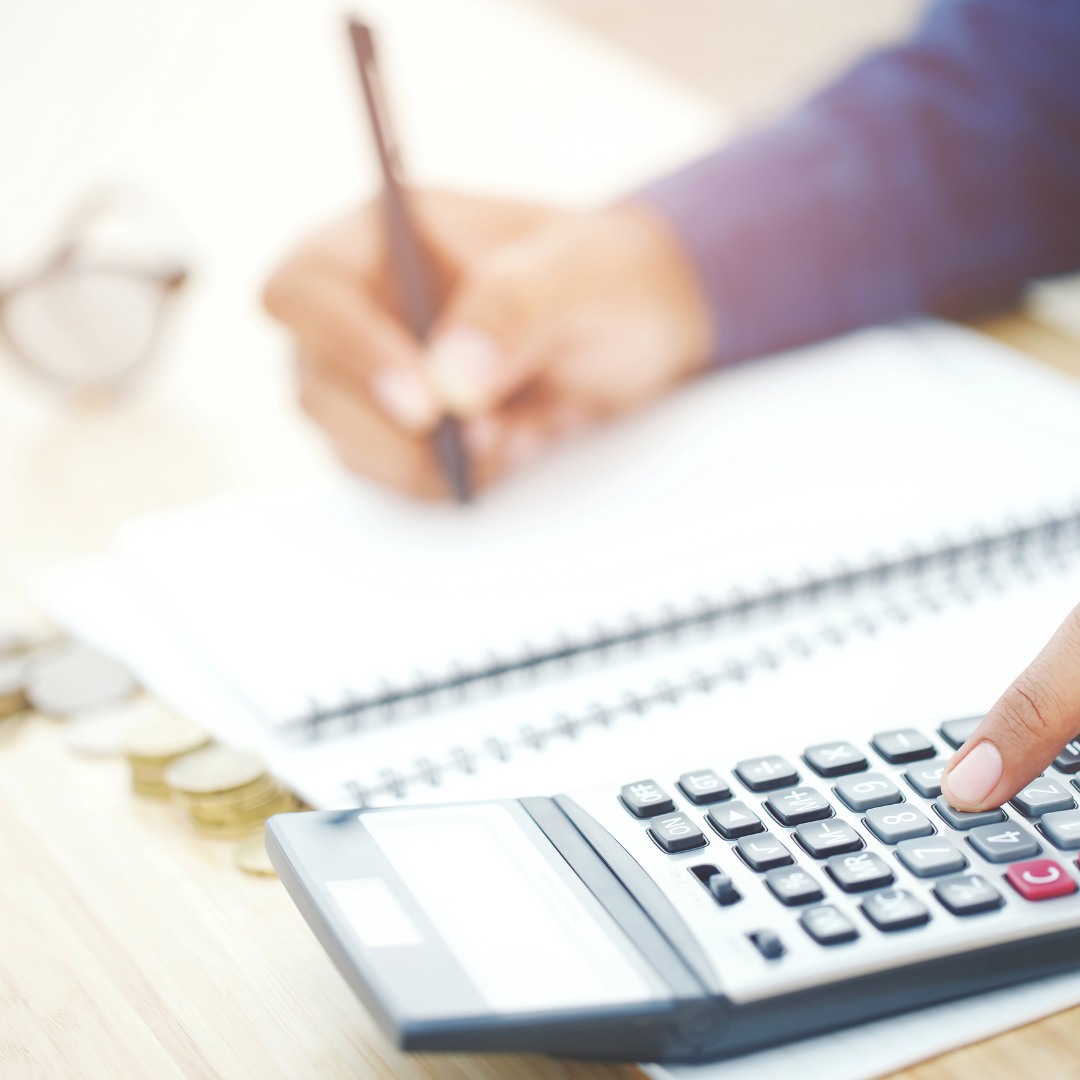
Having Your Pick of Tariff Options
Many energy suppliers will allow people to check out different tariffs to see which will suit their needs best, and with a smart meter, this will give you a better idea of which one will be the right one for your home instead of guessing how much energy you will use and going for a tariff that doesn’t actually work with what you require.
Paying For What You Exactly Use
Paying a bill each month for an estimated use is not something that people want to do nowadays, especially with the cost of living crisis and money issues, people want to pay for what they use, not want an energy supplier thinks they have used.
Data usage is a lot more regularly available so that people can only pay for what they use and not have to just give them an estimated amount.

There Are Energy Schemes to Save Money
Some people are eligible for energy-saving schemes, for example –
- Winter Fuel Payment – for people born on or before 5th October 1954, they can get between 100- 300 off their heating bills.
- Cold Weather Payment – 25 for each 7-day period of cold weather from November to March.
- Warm Home Discount – in 2020 to 2021, people could get 140 off their electricity bill, they may bring this back in the future, it depends.
- Pension Credit – being a pensioner comes with challenges, so pensioners will need to check on the government website to see how much they can get in credit whether they are a single person or in a couple.

Conclusion
So, do smart meters save money? I think we can see that they do have the potential to when used correctly.
If you would like to get a smart meter to help you with saving money, you will need to contact your energy provider and inquire about their deals (if they offer smart meters), and see if you can have one installed.
Many of us are trying our best to save money and keep our heads above water in this current climate.
It can be particularly hard for people on low to no income, so it is essential that schemes such as these are used to help people save money and get the government involved in providing the necessary support for people who are trying to keep their homes and family warm.


